Jubilee 2025: Consolation
September 12, 2025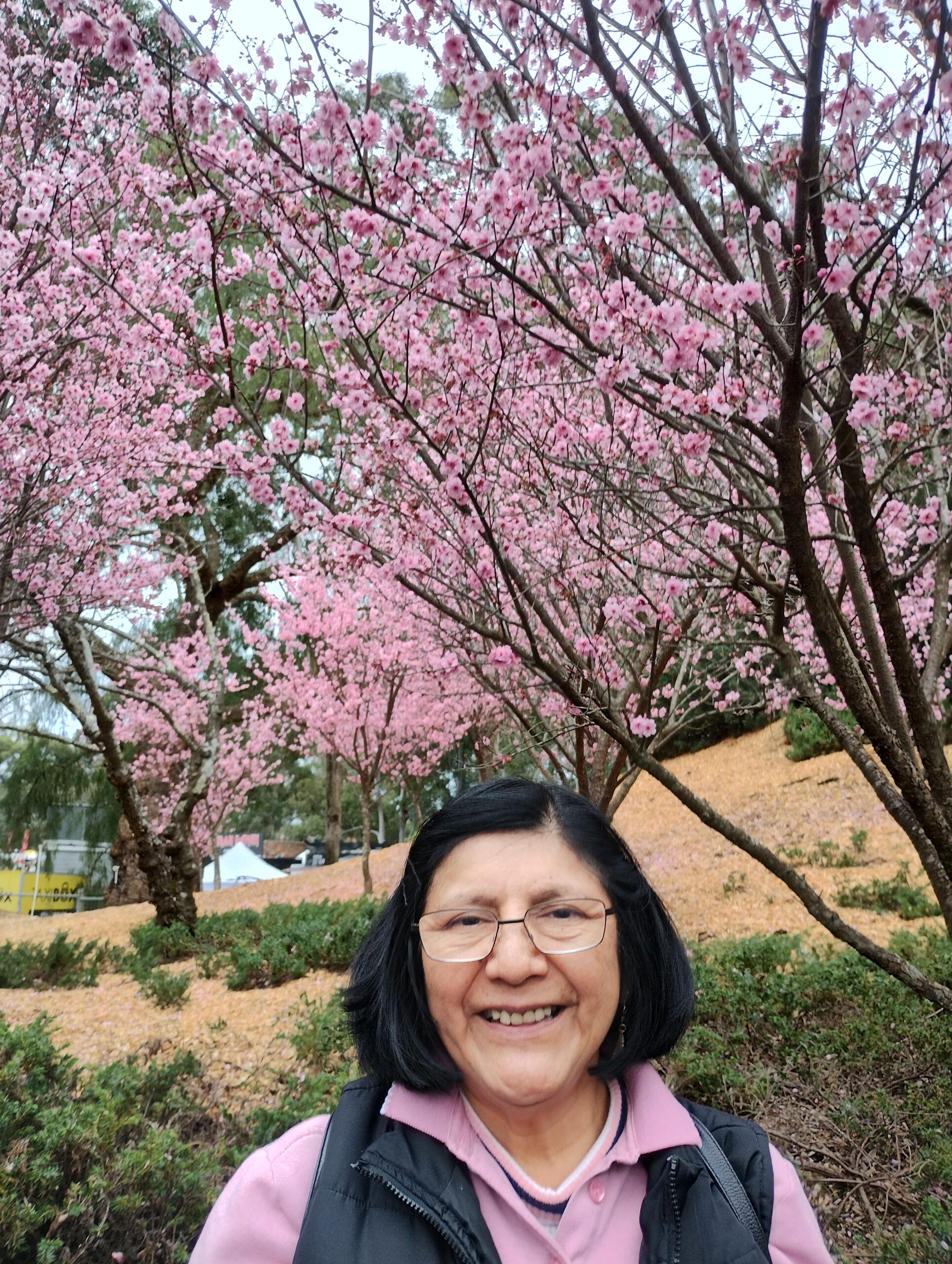
On 15 September, we mark the Jubilee of Consolation.
Is there the presence of God in Consolation?
I believe that Consolation is the living presence of God at the most opportune moment when a human being needs it. I agree that it is God who decides when to grant ‘Consolation’. He is love and comfort at the same time.
Cross of Life
September 9, 2025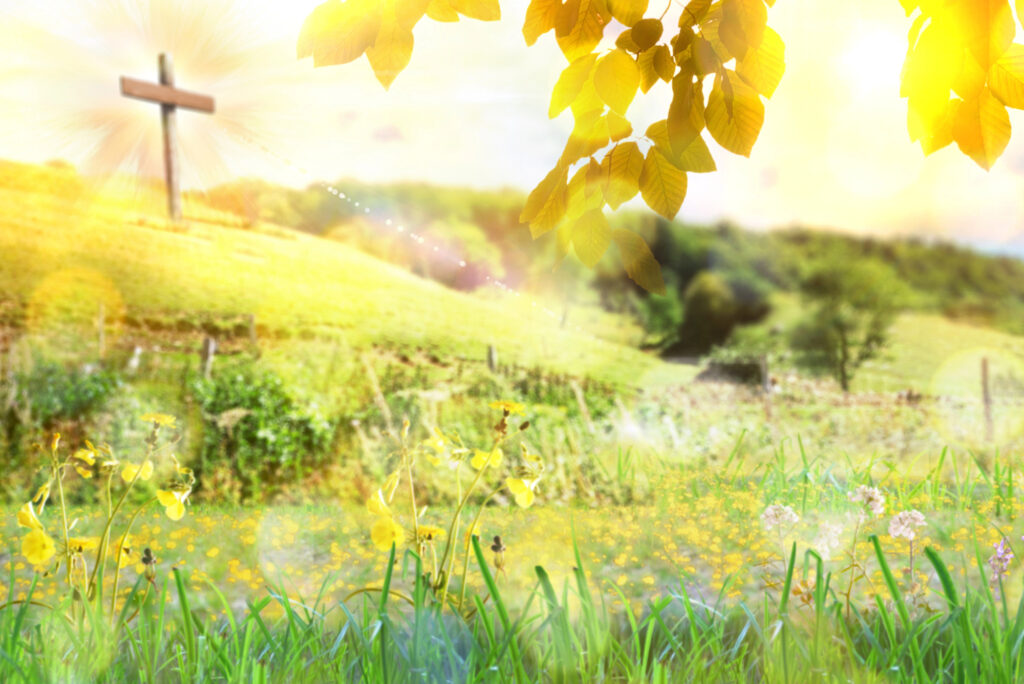
The feast of the Triumph of the Cross, also known as the Exaltation of the Holy Cross, is commemorated on 14 September.
Josephite Companions celebrate Annie MacKillop
September 8, 2025
Josephite Companions are women and men who live the Josephite charism of Mary MacKillop and Julian Tenison Woods in our daily lives, making a difference in our local situations and so furthering the Reign of God in our world. On Saturday 30 August, about 40 Companions from across Australia and Aotearoa New Zealand gathered online for our annual webinar.
National Child Protection Week 2025
September 2, 2025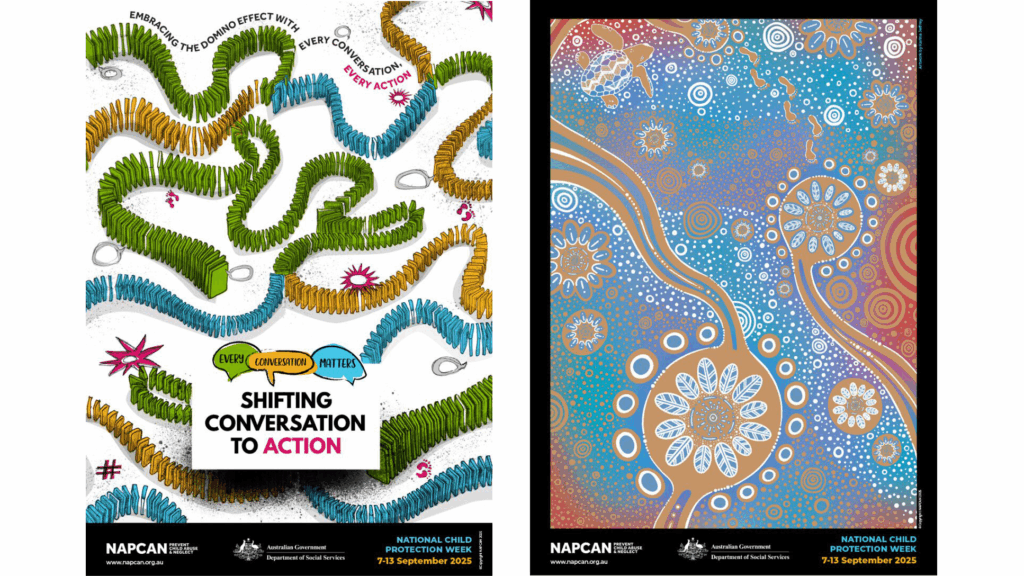
The National Association for Prevention of Child Abuse and Neglect (NAPCAN), coordinates National Child Protection Week (NCPW) each year. In 2025, NCPW is from Sunday 7 until Saturday 13 September. This initiative invites all Australians to play their part to promote the safety and wellbeing of children and young people.
Father’s Day: 100 Matchbox Cars

Since last I wrote in 2024, there has been much movement!
They say “time flies when we’re having fun” and its practically rocketed past this last year: with our youngest son Lochie marrying Alex in February and having to keep the secret of new pregnancy for Maddie and Tom!
Celebrating the International Day of Charity
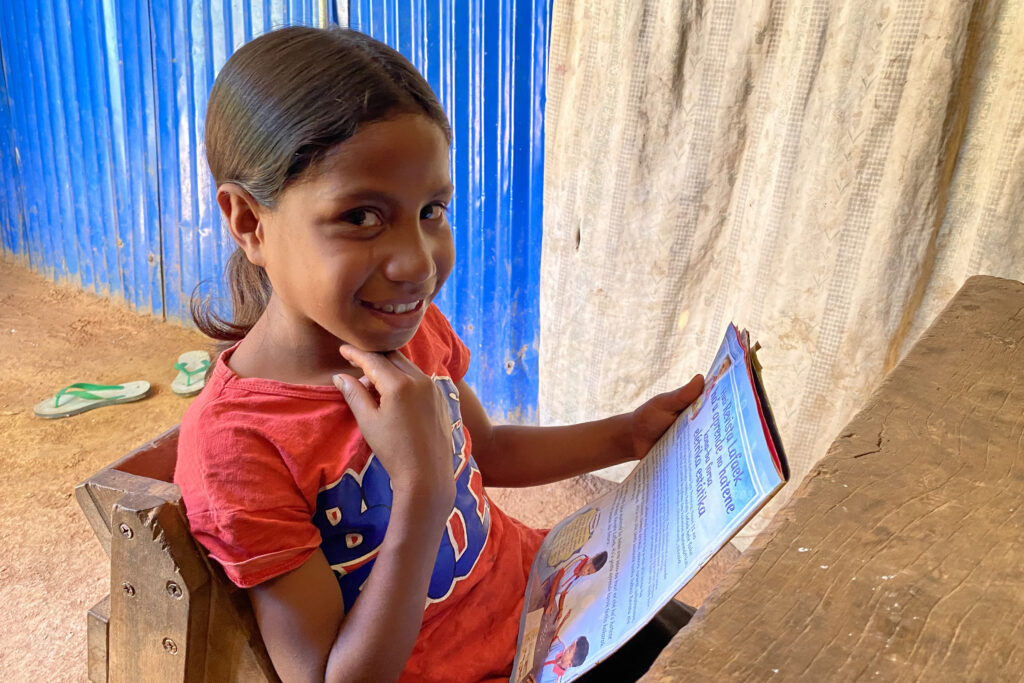
Mary MacKillop Today proudly supports the International Day of Charity, observed each year on 5 September to raise awareness about the vital role of charitable work around the world.
What is the International Day of Charity?
Established by the United Nations in 2012, the International Day of Charity is an opportunity to recognise and support charitable efforts across the globe. It also provides a platform for charities, from grassroots community organisations to international Non-Governmental Organisations (NGOs), to highlight the work they do to create positive change.
Season of Creation – Journey into Wonder
August 27, 2025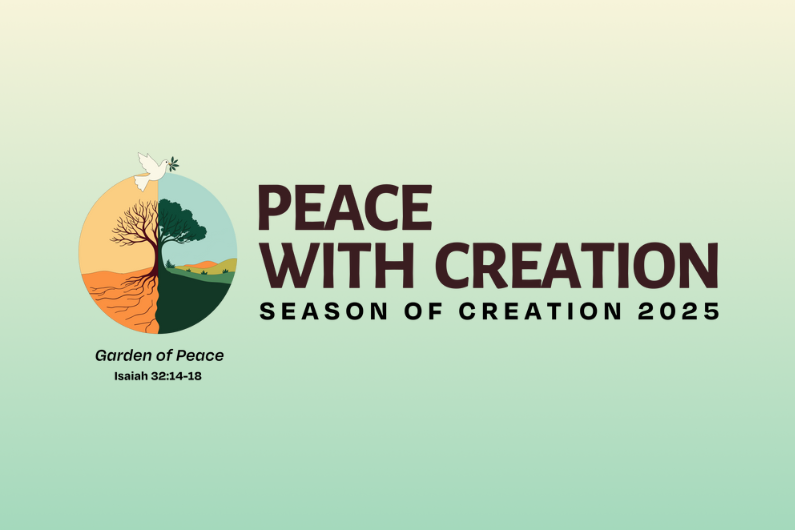
The Season of Creation, an ecumenical event, begins with a World Day of Prayer on 1 September and concludes on the feast of St Francis of Assisi (patron saint of ecology) on 4 October. Sr Carmel Crameri rsj shares a reflection below.
Social Justice Sunday 2025: Signs of Hope on the Edge
August 25, 2025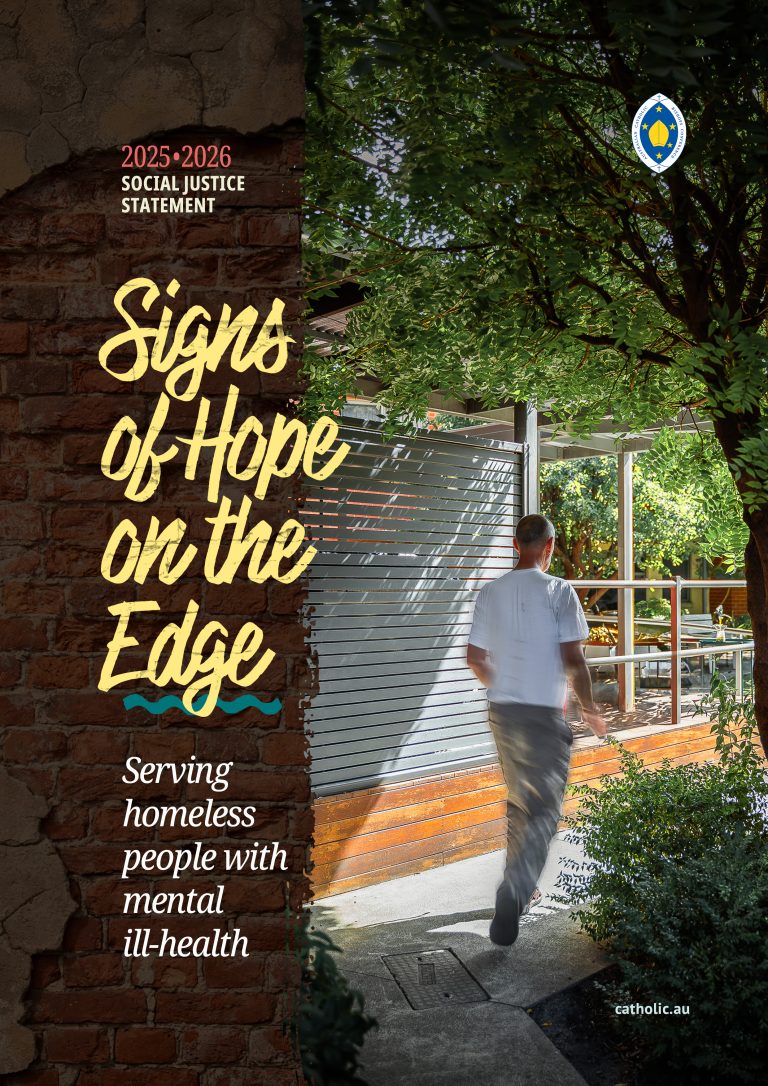 2025-2026 Australian Catholic Bishops Conference Social Justice Statement: Signs of Hope on the Edge cover.
2025-2026 Australian Catholic Bishops Conference Social Justice Statement: Signs of Hope on the Edge cover.
This year on Social Justice Sunday (31 August), the Australian Catholic Bishops’ Social Justice Statement: Signs of Hope on the Edge: Serving homeless people with mental ill-health, reminds us of the raw truth: homelessness and mental ill-health are deeply entwined crises. They leave thousands of Australians isolated, invisible, and suffering. Yet, at the heart of this year’s message is not despair, but hope. Hope that springs from encounter. Hope that is born when we choose to see, to notice, and to respond.
